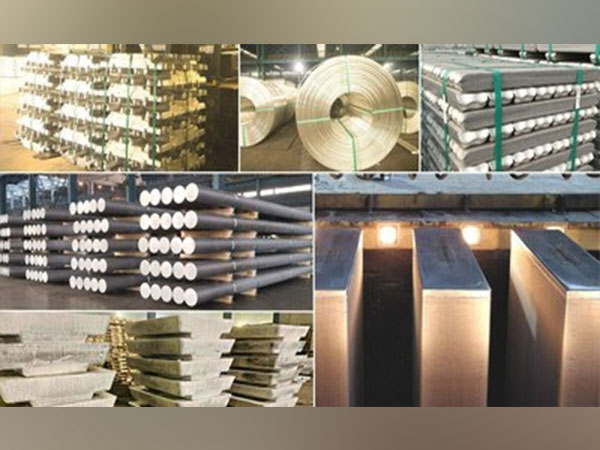India's Aluminium Industry Applauds Anti-Dumping Duties for Solar Components
The Indian government's decision to enforce anti-dumping duties on Chinese anodized aluminium frames for solar components is celebrated by the Aluminium Association of India. This move is expected to bolster the local aluminium sector, curbing low-cost imports, enhancing market access, and fostering domestic self-reliance.

- Country:
- India
In a strategic move to bolster the domestic aluminium sector, the Indian government has imposed anti-dumping duties on anodized aluminium frames used in solar panels and modules imported from China. This initiative, backed by the Aluminium Association of India (AAI), aims to enhance market access and promote self-reliance within the industry.
The anti-dumping duties, set to last for five years, are designed to reduce the influx of low-cost imports and stimulate local production. According to a notification from the Ministry of Finance, Chinese imports have significantly hindered the growth of India's domestic manufacturing capacity.
In light of the upcoming 2025 budget, the aluminium industry is calling for heightened trade protections, urging a rise in import duties on primary and downstream aluminium products from 7.5% to 10%. Additionally, a uniform 7.5% duty on aluminium scrap is proposed to curb the import of low-quality materials, which challenge domestic producers.
Alarmingly, 54% of India's aluminium demand is met through imports, leading to a foreign exchange outflow of Rs56,291 crore annually, which comprises 1% of India's total import bill. Scrap imports have doubled over the last decade, escalating from 869 KT in FY15 to 1,825 KT in FY25.
A substantial share of these imports originates from countries like China, the Middle East, the US, and the UK, prompting questions about quality standards. Meanwhile, countries such as the US and China have implemented high tariffs and restrictions to protect their local aluminium industries, considering aluminium a strategic resource.
Despite such global trends, India has emerged as the world's top aluminium scrap importer. Industry experts regard the new duties on solar panel components as a vital step toward building a competitive, sustainable aluminium market. AAI representatives express optimism about continued measures in upcoming budgets, aimed at empowering domestic producers and supporting global energy transition goals.
With projections indicating India's aluminium demand could reach 10 million tonnes by 2030, robust measures, including higher import duties and anti-dumping protections, are deemed essential for the sector's long-term development.
(With inputs from agencies.)
- READ MORE ON:
- anti-dumping
- duties
- aluminium
- India
- solar panels
- China
- import
- tax
- domestic
- industry










